Podcast: Play in new window | Download
Subscribe: RSS
Sheryl Garrett is the founder of Garrett Planning Network. She has been recognized six times by Investment Advisor magazine as “One of the Most Influential People in Financial Planning”, was recognized as one of the “30 Most Influential” people in NAPFA’s 30-year history, and is the 2019 recipient of the Investment News Icon Award. She is also a founding member of the Committee for the Fiduciary Standard.
Takeaway Quote:
“I started to ask myself, how would I want financial advice to be rendered to me?”
1:34 The series of events that led to Sheryl getting quoted by President Obama Website: www.garrettplanningnetwork.com Stephen Wershing: www.TheClientDrivenPractice.com/checklistblog Steve Wershing: Over time, the sophisticated planning they provided cost more and more and Sheryl felt more and more strongly that the average people deserved planning too. More than that, the right advice to a middle-income client at the right time could have a much bigger effect on the client’s life than the best advice they could provide their wealthier clients. She established Garrett Investment Advisors, offering planning on an hourly basis. It was almost immediately a hit. We discuss the public relations and referral opportunities she found through that business model, and then we talk about her teaching that model to other advisors through the Garrett Planning Network. We discuss how an hourly fee model can help differentiate you from other advisors. And she tells the story of how fighting for the middle class client and the fiduciary standard got her a shout out from the president of the United States. So let’s get right to our interview with Sheryl Garrett. Sheryl Garrett, welcome to the becoming referable podcast. Thanks for joining us. Sheryl Garrett: Steve Wershing: Sheryl Garrett: These are life devastating kind of situations. And so, never really got a lot of exposure with the media on telling these stories. But I did find a great ear in the Department of Education and the Department of Labor, wanting to hear from practitioners, financial planners, who had worked with advisors or clients or prospective clients or knew of situations where we truly had financial abuse. During the regulatory discussion of fiduciary, whether it was through the FCC or the Department of Labor. We continually heard by the folks who were arguing against fiduciary for all advisors saying that, where’s the dead bodies? I don’t see any blood history. I was trying to express the stories of individuals that their stories had never been heard or told. And before I got involved in this work in about ‘05, I didn’t really fully know the underbelly of the business and I’m sure I still haven’t seen it. But my Lord it sure shook my foundation to the core to think people can knowingly do this kind of harm to someone, and it’s so easy, unfortunately to do. And it’s a huge passion of mine. And I started talking to a lot of people, policy makers, through the committee for the fiduciary standard. We got a seat at the table when these proposals for creating a fiduciary for all advisors, that kind of a working document, and rules and regulations, what would those look like? Those principles. And after a number of years, the DOL came out with their second, the revised DOL fiduciary standard and hence, the president, jumping on board. Well, what happened and why I got the shout out. Well I guess I don’t really know why I got a shout out particularly, other than telling these stories about these victims of financial abuse or the faces of financial abuse and meeting Phyllis Borzi, the assistant secretary at that time. And telling many people about these stories, bringing some of them to DC to testify, and participate in the hearings and let them know what other financial advisors had seen. So I contacted an extended network of financial advisors and ask them to submit stories to me that they had either run into or clients they had worked with that had become victims of financial abuse. I collected a lot of these stories and I shared them. And I was getting interviewed by people at the Department of Labor to help make their case on why the roll over concept needs to be part of the rules. Where did the money come from? It does matter when you make a recommendation! They take money out of a divine benefit plan or to mortgage your house and put it into this investment. Steve Wershing: Sheryl Garrett: Show Timeline:
8:49 Sheryl’s journey to arriving at her hourly fee philosophy
16:02 Her main motivation for creating this business model
20:41 The impact she has seen on referability
28:13 An example of making a big difference in the lives of a middle-income family
31:59 How Sheryl came to building a network of advisors delivering service in this way
35:05 The importance of story-telling in growing referralsLinks:
LinkedIn: https://www.linkedin.com/in/sherylgarrett/
Twitter: https://twitter.com/SherylGarrettWant more?
Julie Littlechild: www.absoluteengagement.com/blogEpisode Transcript:
Welcome to becoming referable, the podcast that shows you how to become the kind of advisor people can’t stop talking about. I’m Steve Wershing. On this episode, we talk with Sheryl Garrett, founder of the Garrett Planning Network and 2019 recipient of the Investment News icon award. Starting as a registered representative, Sheryl learned the ropes doing planning for a more senior advisor. She left to become a partner in a fee planning practice.
I’m delighted to be here.
I cannot resist this. I mean, you are the first person that at least I’ve spoken to who’s actually got a shout out from a US president. I’m sure most of our listeners have read the story, in the trades but can you tell us a little bit about that experience?
Oh my lord, it’s still surreal. The beginning of it probably happened because I got involved with litigation work and expert witness testimony using my CFP background and my background as a financial planner, to work on behalf of individuals who allegedly received bad advice from their advisor. That activity plus I’m also one of the founding members of the Committee for the Fiduciary Standard, enabled me to start telling those stories of some of the cases that I worked on in a large series of lawsuits in California, where the advisor had basically talked individuals into taking early retirement and investing their money in a high cost vehicle with little flexibility. And those stories were just horrendous. People retiring in their late forties, early fifties and 10 or 12 years later they’re broke.
Right. Sure.
It matters. And there is no regulation that covers that right now. I, in stressing these stories from the individuals, ended up on the phone with a speech writer of President Obama’s.Read More

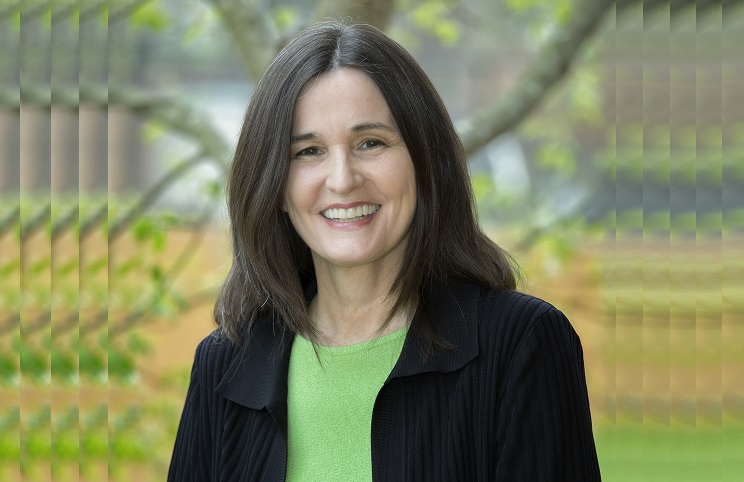

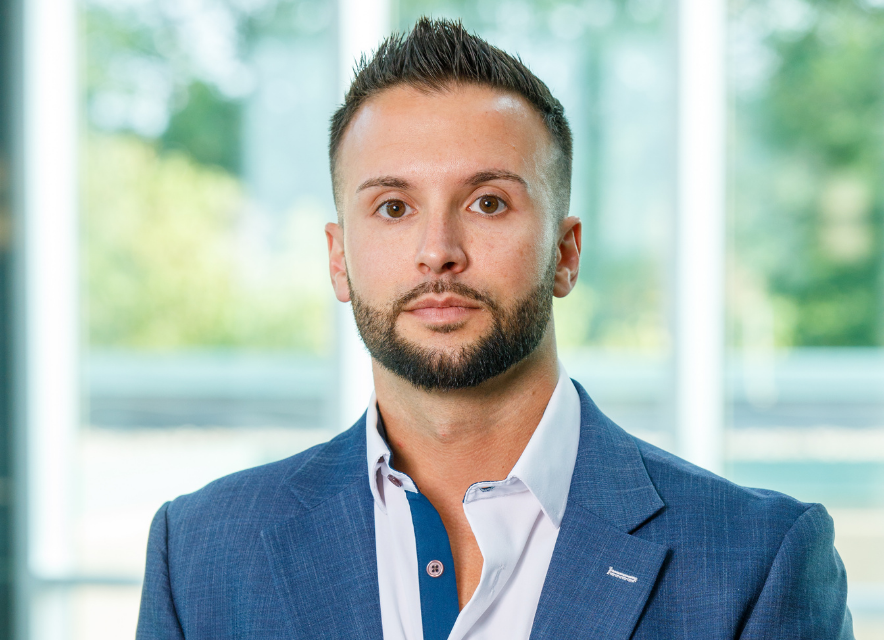
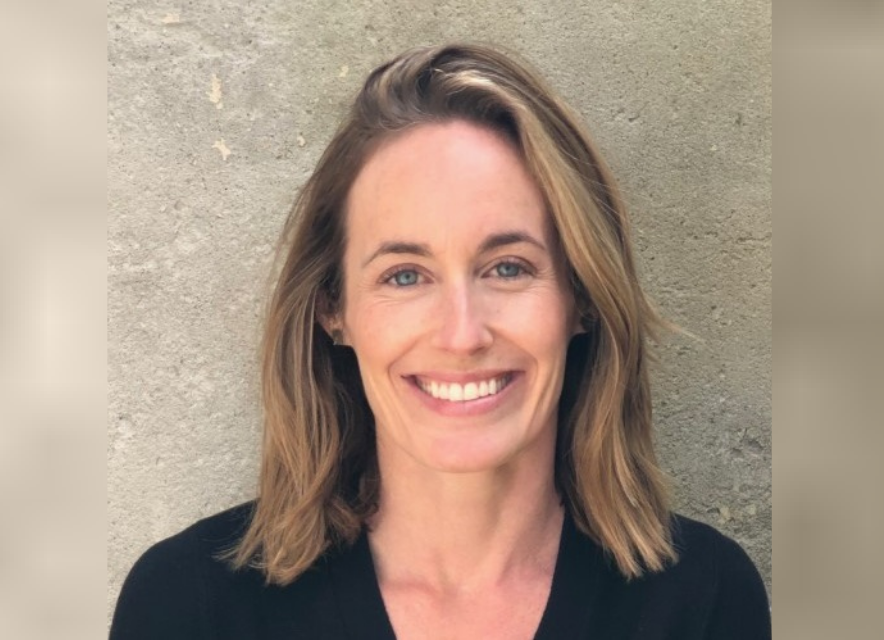
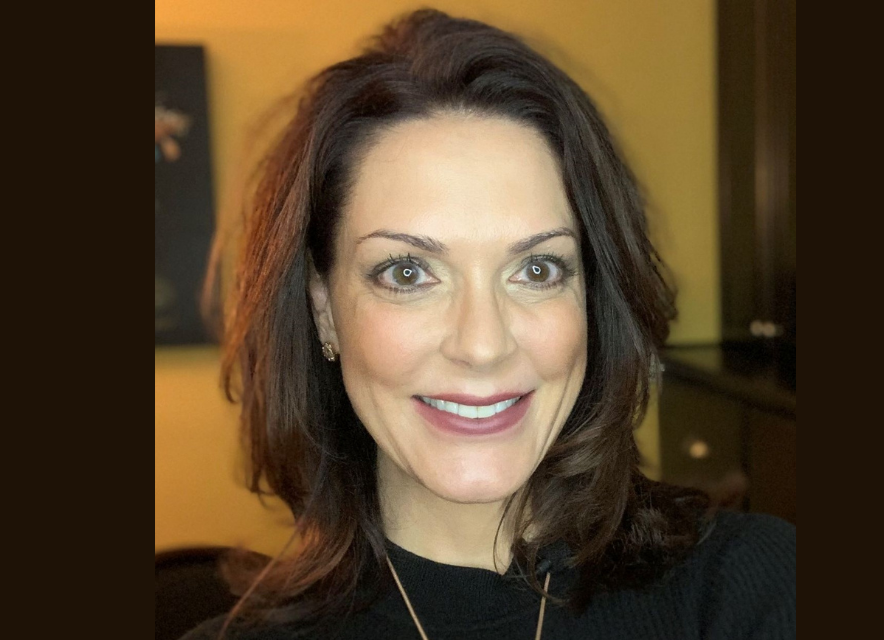
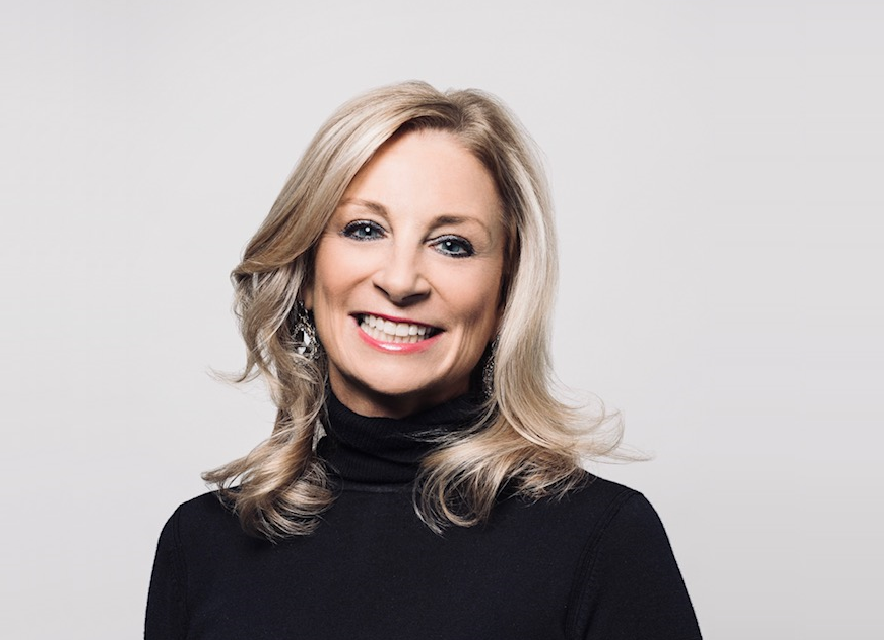
Leave A Comment